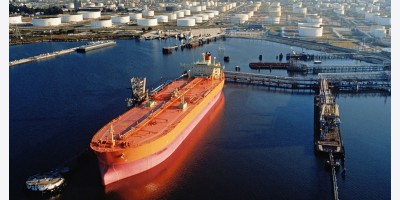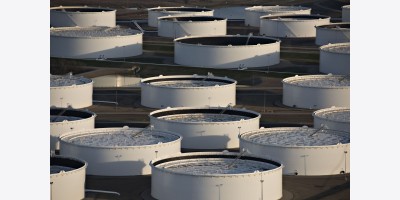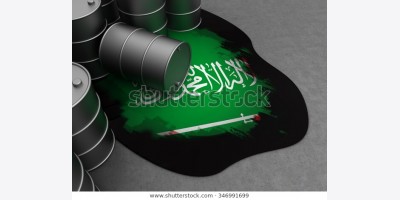A late-night collision on March 22 between an oil barge and a cargo ship spilled 168,000 gallons of oil into the Galveston Bay in Houston Texas. The spill resulted in the closure of the Houston Ship Channel, which is responsible for servicing one-tenth of the nation’s refining capacity. As of Monday morning, the waterways remained closed as authorities tried to contain the spill.
The oil barge was carrying residual fuel oil, a heavier, more viscous, and dirtier form of oil. When the two ships collided, one of the barge’s tanks was ruptured, and began to leak. The other five tanks on board the ship did not leak and the oil was transferred to another ship.
The closure of the bay has trapped 43 ships in the Port of Houston, with another 38 waiting to come in. Houston is a major exit point for much of the oil and gas extracted in Texas, including fossil fuels from the booming shale regions in the Eagle Ford and Permian basins. ExxonMobil’s huge Baytown, TX refinery, the nation’s second largest, has thus far not had its operations affected. It has a refining capacity of 560,500 barrels per day. Marathon Petroleum Corp. also has an enormous refinery nearby on Galveston Bay, with a capacity of 451,000 bpd, along with a smaller 80,000 bpd refinery in Texas City. Marathon declined to comment on how the spill is affecting its operations.
The local economy is already taking a hit in terms of lost tourism and fishing activity. The oil poses a grave risk to local marine life and migratory birds. The cleanup comes on the 25th anniversary of the infamous Exxon Valdez oil spill in Alaska, which prompted new legislation from Congress to deal with oil spill liability.
By James Burgess of Oilprice.com























